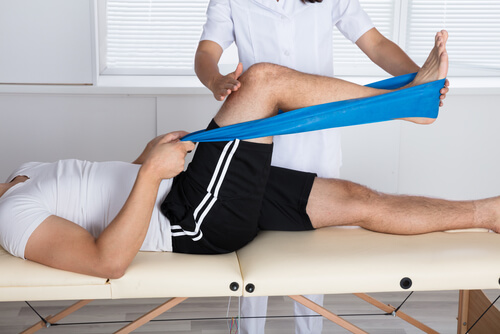
Birth control methods have made it possible for couples and single women to avoid unwanted pregnancies. Planning for pregnancy is essential as babies come with significant financial expenses. Today, women have multiple options for hormonal and non-hormonal birth control methods, including oral contraceptives, condoms, implants, spermicides, and vaginal rings. Deciding on which way is best for you can be challenging. Consulting with Dr. David Afram may help you make the best decision while paying attention to factors such as cost, possible side effects, and your future pregnancy plans.
What is birth control?
Birth control involves different ways to prevent pregnancy from occurring until one is ready or desires to. Birth control methods fall under two major classes – hormonal and non-hormonal methods. Hormonal birth control methods such as the combined and progestin-only pill work by preventing ovulation. Non-hormonal methods such as using diaphragms prevent the sperms from getting to your uterus. Although hormonal methods can be effective and reliable, some women may opt for non-hormonal birth control methods due to:
- Personal and religious beliefs.
- Health problems.
- Undesirable side effects such as mood swings, weight gain, and irregular bleeding.
Types of non-hormonal birth control methods
Diaphragm
The diaphragm is among the barrier birth control methods that block the semen from getting to the uterus. It is 94% effective, meaning that only 12 out of 100 women using a diaphragm can get pregnant. It is shaped like a saucer and made of silicon. The first placement should be done with your healthcare provider and is best used with spermicide to increase its effectiveness. The diaphragm can be re-used for up to one year, making it cost-effective. On the downside, women who use a diaphragm are at risk of urinary tract infections.
Contraceptive sponge
A sponge is made out of foam which feels like your vaginal tissue. It works just like the diaphragm and cervical cap by preventing semen from getting to your womb. The differentiating factor between a sponge and a diaphragm is that the sponge already contains spermicide and can be bought without a doctor’s recommendation. Using the sponge during your menstrual cycle may irritate you. This birth control method is less effective in women who have had children before. You may discontinue its use whenever you want to get pregnant. A contraceptive sponge does not protect you from sexually transmitted diseases.
Intrauterine copper device
This is a T-shape plastic device that your doctor places inside your uterus. Its outer covering – copper, destroys the sperm, preventing them from fertilizing the egg. Although less effective than hormonal IUDs, it still prevents pregnancy more than 99% of the time. IUD is one of the most effective birth control methods and can last up to 10 years. Some women may experience cramping and bleeding in between periods after placing the IUD. Your doctor can help remove the device at any point when you decide to get pregnant.
Birth control methods protect against pregnancy but not sexually transmitted diseases or infections. Condoms are the … Read More...






